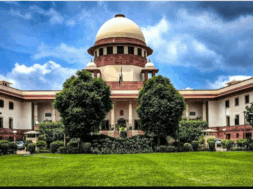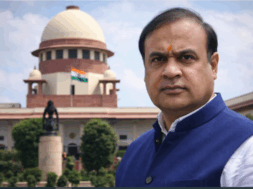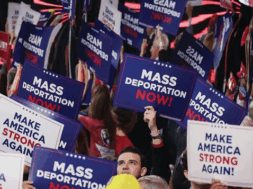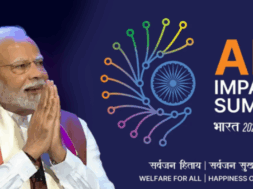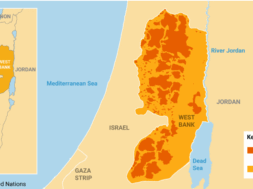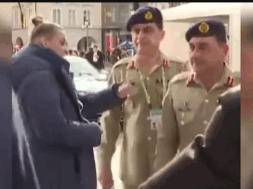
NEW DELHI, Aug 23: The Supreme Court on Friday held that not all alleged insults and intimidatory comments aimed at a Scheduled Caste or Scheduled Tribe person would be an offence under the Scheduled Castes and Scheduled Tribes (Prevention of Atrocities) Act, 1989.
A Bench of Justices P.B. Pardiwala and Manoj Misra interpreted the special law of 1989 while allowing anticipatory bail to Shajan Skaria, the editor and publisher of the YouTube channel “Marunadan Malayali,” in a case registered against him under the 1989 Act for allegedly uploading a derogatory video against Kerala MLA P.V. Sreenijin, a Scheduled Caste community member.
Justice Pardiwala said the aggressor, who is not a Scheduled Caste/Scheduled Tribe (SC/ST) person, cannot be booked under the 1989 Act merely because the victim of his insults or intimidatory act happened to be a SC/ST person.
On the other hand, the Act would come into play if the insult had been intentionally thrown at the victim only on account that the latter was a SC/ST member. In fact, the court held that the very reason behind the intentional insult or intimidation should solely be the identity of the victim as a member of the SC/ST community.
“There is nothing in the transcript of the uploaded video to indicate even prime facie that those allegations were made by the appellant (Skaria) only on account of the fact that the complainant (Sreenijin) belongs to a Scheduled Caste… Is it the case of the complainant that had he not belonged to a Scheduled Caste, the appellant would not have levelled the allegations? The answer lies in the question itself,” Justice Pardiwala reasoned.
Mr Skaria was booked under Sections 3(1)(r) and 3(1)(u) of the 1989 Act. The first provision dealt with insulting an SC/ST person in public with intention to humiliate the person. The second one covered the offence of promoting hatred, ill-will or enmity against SC/ST communities.
Mere knowledge of the fact that the victim is an SC/ST member would not be sufficient to attract Section 3(1)(r). To effectively invoke this provision, the ‘humiliation’ inflicted by the aggressor should be “intricately associated with the caste identity of the victim”, the judgment noted.
“Not every intentional insult or intimidation of a member of a SC/ST community will result in a feeling of caste-based humiliation. It is only in cases in which the intentional insult or intimidation takes place either due to the prevailing practice of untouchability or to reinforce historically entrenched ideas like the superiority of the ‘upper castes’ over the ‘lower castes/untouchables’, the notions of ‘purity’ and ‘pollution’, etc., that it could be said to be an insult or intimidation of the type envisaged by the 1989 Act,” Justice Pardiwala said.
The court said there was nothing prima facie to indicate that Mr Skaria’s video was meant to promote feelings of enmity, hatred or ill-will against the members of Scheduled Castes or Scheduled Tribes. “The video has nothing to do in general with the members of Scheduled Castes or Scheduled Tribes. His target was just the complainant alone,” the court reasoned.
(Manas Dasgupta)



